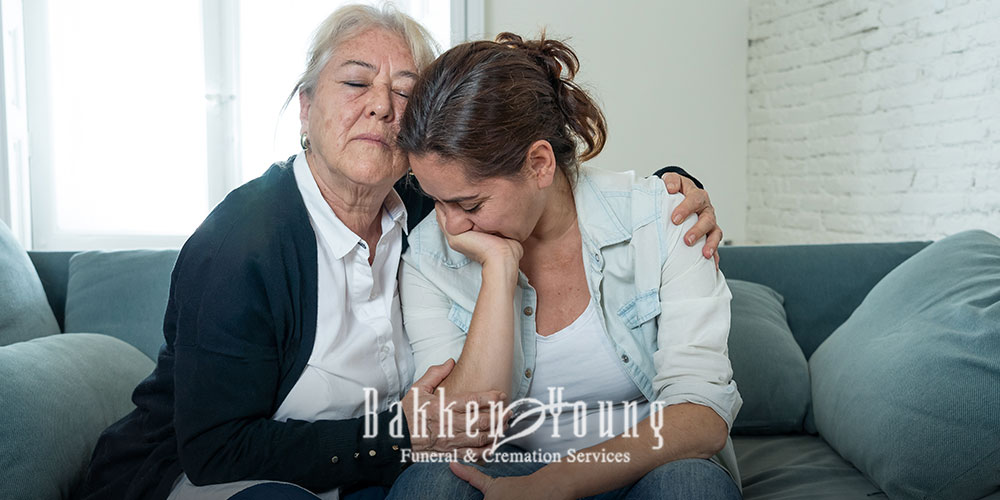by Chaplain Julia Rajtar, MAPS, BCC
A recently bereaved widow spoke of losing her patience after one more person asked her, How Are You? She explained that she is aware people are reaching out to her out of concern and support, and she expressed frustration with the question and sometimes not even knowing how to answer! This article offers some responses for both the bereaved and the supporter in this time of grief.
Whether someone is struggling mentally, spiritually, physically or socially, how are you is our standard question and opens the door to a variety of responses. Sometimes, it’s the repetition of the question that troubles the bereaved, sometimes it’s the not knowing how to answer, sometimes it is simply that the bereaved do not want to answer or talk about their loss right now.
A Better Way to Ask How Are You?
Go ahead and ask how are you or even better, how are you right now, and then allow the bereaved to respond. One response includes the awkward silence that comes after the question is asked. Awkward, because the bereaved are humbled that you asked, and may share a response. Furthermore, the bereaved may choose not to share, struggling internally, appreciating your concern, and grateful for the support, they don’t want to hurt your feelings or lose their connection with you, especially if they don’t want to share.
After asking how they are, wait for a response. If you are not the person who can support someone when they give you their answer, don’t ask the question, simply let the bereaved know you are thinking of them or praying for them. Let the bereaved decide if they want to talk about it, especially right here, right now (while in the grocery store aisle, at church, the school sports game, etc).
Responses From the Bereaved
Here are some responses bereaved have shared.
- How do you think I am? My husband/wife/child just died!
- I’m fine. I’m Fine. I’m Fine! I’M FINE!!!!! (all the while getting angrier and louder)
- I’m good, thanks.
- I’m terrible. (and then comes the awkward look and interior struggle within the supporter or the bereaved with what to say next.)
- Supporter responses: I can listen now if you want to go someplace private. I’m not so good at this but I will try to listen if you want. (Whatever you do as the supporter, at this point, this is not the time for you to tell your own story of grief).
- Bereaved responses:
- Thanks for asking. Right now, I’m ok and prefer not to talk about it.
- Thanks for asking. I would rather not discuss it right now, and don’t forget about me. Maybe check in with me in a couple of weeks?
- I appreciate you asking. Do you have some time now to talk or go for coffee?
The bereaved ought to choose when and how much they want to share with us. Most of us think that our immediate family members are the ones who can best support us through our grief, though this may not always be true. We need multiple types of supporters when we grieve. Some are those who can listen and not give advice, while others provide us respite, while still others will help with projects.
How are you right now, after reading this? We would like to hear from you. Feel free to send us an email or comment below. For more grief resources, visit our grief support page.


Add Comment